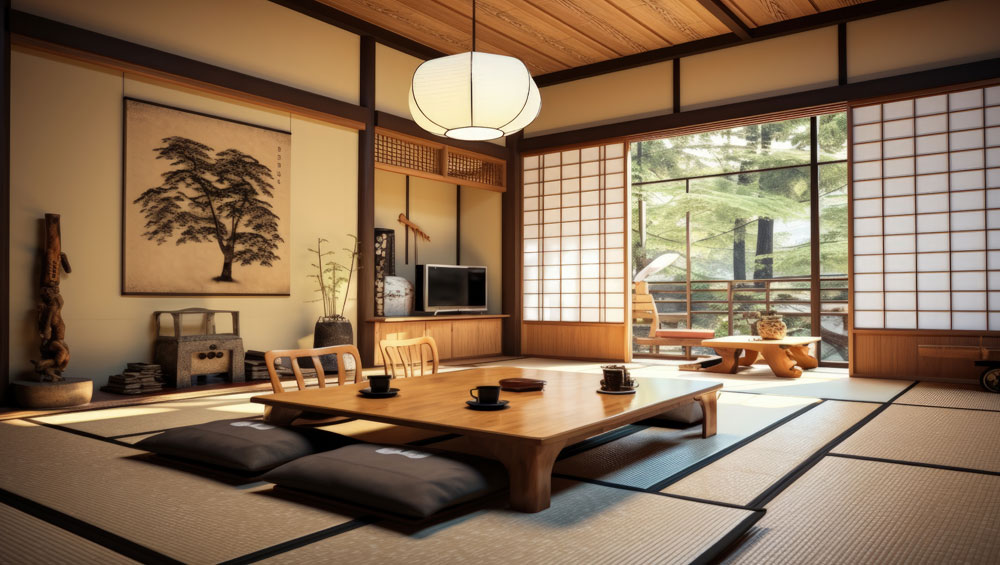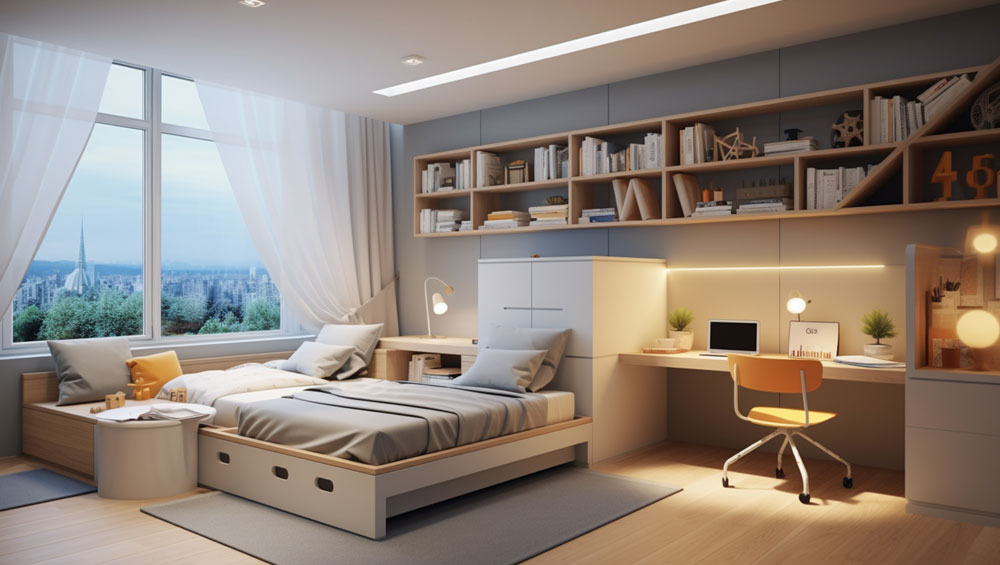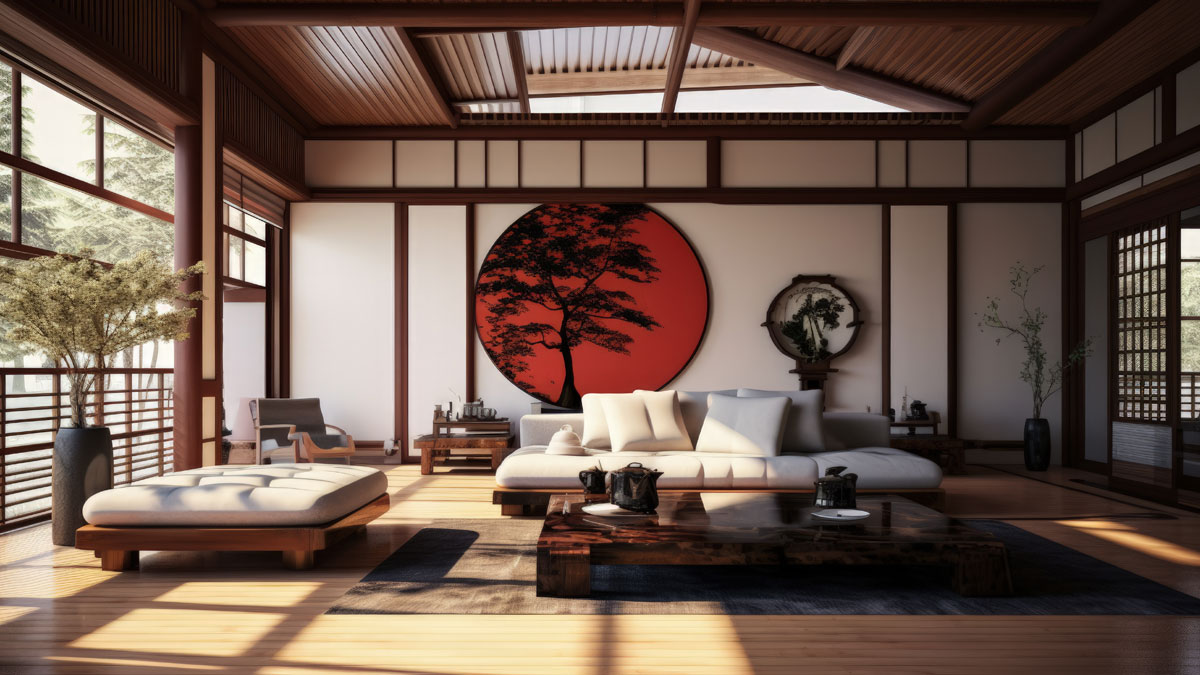Japanese apartments are well-known for their efficient use of space, minimalist design, and smart storage solutions. Whether you’re looking to rent an apartment in Toronto or buy an apartment with a compact layout, understanding Japanese apartments can offer valuable insights. In this article, we’ll explore their unique features, layout styles, and how they compare to apartments in Toronto.
Common features of Japanese apartments
Japanese apartments prioritize functionality, simplicity, and efficiency. Here are some common features:
- Compact spaces: Apartments in Japan are typically smaller compared to Western apartments, especially in large cities like Tokyo.
- Genkan (entrance area): A small entryway where residents remove their shoes before stepping into the main living space.
- Tatami flooring: Traditional apartments may include tatami mat flooring, adding warmth and comfort.
- Sliding doors: Shoji or fusuma doors help save space and create flexible living areas.
- Multi-functional furniture: Many apartments use furniture with built-in storage to maximize limited space.
- Efficient kitchens: Kitchens are compact, often featuring a small stove and minimal counter space.
- Separate bathing areas: Bathrooms typically consist of a separate toilet and a deep soaking tub.
Layout styles of Japanese apartments
Japanese apartment layouts prioritize functionality, offering configurations like 1K, 1DK, and 1LDK, each catering to different lifestyles. Studio apartments provide an open-concept space, ideal for individuals seeking efficiency. Meanwhile, traditional layouts incorporate tatami flooring and sliding doors, while modern apartments embrace Western-style designs.

1K, 1DK, and 1LDK apartments
Japanese apartment layouts are labeled based on room configuration:
- 1K (one room + kitchen): A single room with a separate kitchen area. Ideal for singles.
- 1DK (one room + dining & kitchen): A larger version of 1K with space for a dining table.
- 1LDK (one room + living, dining & kitchen): Includes a separate living area, suitable for couples or small families.
Studio apartments
These compact apartments integrate the bedroom, living room, and kitchen into one open space. Perfect for individuals who prefer a minimalist lifestyle.
Traditional vs. modern layouts
Traditional Japanese apartments emphasize tatami flooring, sliding doors, and futons, while modern apartments have Western-style flooring, built-in storage, and contemporary amenities.
How Japanese apartments compare to Toronto apartments
Japanese apartments differ significantly from those in Toronto. Here’s a comparison:If you’re looking to buy an apartment in Toronto with space-efficient design, you can explore options here.
| Feature | Japanese Apartment | Toronto Apartment |
| Size | Compact & space-efficient | Generally larger |
| Entryway | Includes genkan | No dedicated entryway |
| Flooring | Tatami or wood | Hardwood or carpet |
| Storage | Built-in & hidden storage | Closets & open shelves |
| Bathroom | Separate toilet & bath | Combined bathroom |

Space-saving solutions inspired by Japanese apartments
If you’re renting or buying an apartment, you can incorporate Japanese-style space-saving ideas:
- Use multi-functional furniture like foldable beds or storage ottomans.
- Opt for sliding doors instead of traditional doors to save space.
- Maximize vertical storage with wall-mounted shelves and hanging racks.
- Keep a minimalist approach by reducing clutter and unnecessary furniture.
For those considering a rental apartment with a smart layout, check out available options here.
To sum up
Japanese apartments offer a unique perspective on space utilization, functionality, and aesthetic simplicity. Whether you’re planning to rent an apartment or buy an apartment in Toronto, integrating some of these design principles can make your living space more efficient and comfortable. By understanding Japanese apartments, you can make informed decisions when searching for your ideal home.





